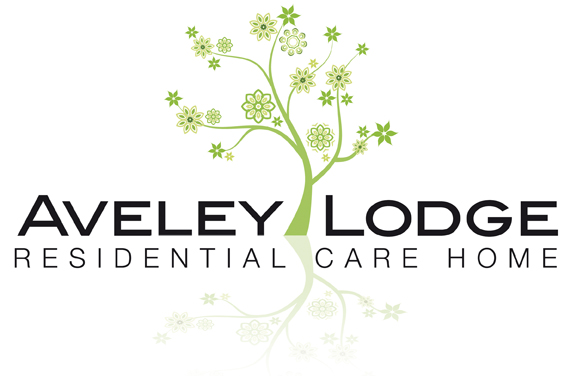Vitamin health for the elderly
Maintaining the same diet in old age as in our younger years can mean that older people’s bodies become deficient in some essential vitamins and minerals.
Older people have some specific nutrient requirements to remain healthy, partly because they tend to eat less, and it may be that they need to take supplements to ensure their bodies have an adequate supply of vitamins.
Older people require fewer calories than when they were younger, but they can benefit from an increase in the protein content of their diet. Good quality protein provides extra B vitamins, folic acid and iron. These can be found in lean meat, along with fish and dairy products.
Medical advice should be sought before deciding to take supplements.
The essential vitamins our bodies need as we age are as follows:
Vitamin D: a lack of this vitamin, which can be derived from exposure to sunlight, is also found in a small number of foods such as oily fish, eggs, fortified fat spreads, fortified breakfast cereals and some powdered milks. Insufficient Vitamin D can lead to bone pain and tenderness as a result of a condition called osteomalacia.
Calcium: essential for healthy teeth and bones and ensuring normal blood clotting. It is present in many foods including milk, cheese and other dairy foods, green leafy vegetables (broccoli, cabbage and okra), soya beans, tofu, nuts, bread and other products made with fortified flour.
Magnesium: the body’s ability to absorb this vitamin decreases with age but it can be found in green leafy vegetables, nuts, brown rice, fish, meat and dairy, among other foods, and helps make sure the parathyroid glands work normally.
Omega 3 fatty acids: an adequate intake can reduce the symptoms associated with old age such as rheumatoid arthritis and slow the progression of age-related macular degeneration (AMD), Oily fish are the best-known sources.
Vitamin B12: is important for making red blood cells and keeping the nervous system healthy, and it is another vitamin that our bodies find harder to absorb as we age. A deficiency in B12 can lead to an increased risk of anaemia and neurological problems. The vitamin is present in meat, cod, salmon, milk, cheese, eggs and some fortified cereals,
Glucosamine: an amino sugar that is found naturally within the joints helping to maintain them and stimulate the body’s production of connective tissues.
Here at Aveley Lodge, our residents enjoy highly nutritious and delicious choices at every meal time from breakfast each morning, a two-course main meal at lunch and a tasty tea every day. All of our meals are prepared freshly each day onsite by our dedicated catering team. The fruit, vegetables and herbs we serve are either grown in our very own garden by the residents as part of their Gardening Club or are sourced from our local greengrocer. Our fresh meat also comes from our local butchers, helping us to support the local community.



